How to Boost Baby’s Immunity System?

Ensuring the health and well-being of a baby is a top priority for any parent. One of the most crucial aspects of this is strengthening the baby’s immune system, which acts as the body’s defence against infections and illnesses. A newborn baby’s immune system isn’t as strong as an adult’s; thus, their frail bodies are incapable of fighting diseases and illnesses. However, an immune boost for infants is possible through breastfeeding, vaccination and maintaining a clean environment. This article delves into effective methods for boosting the infant’s immune system, providing tips and insights to help parents safeguard their child’s health from the earliest stages of life.
What is the Immune System?
The human immune system is a complex network of proteins and cells capable of defending our body against infection. When foreign bodies like viruses or bacteria attack our body, the white blood cells recognise them as ‘non-self’ and produce antibodies as a response to the infection. Antibodies are infection-fighting proteins that prevent us from getting sick. The basic task of our immune system is to protect us by recognising foreign bodies and responding to them accordingly.
When Does a Newborn’s Immune System Develop?
During the last quarter of the pregnancy, the mother passes on much-needed antibodies to the baby through the placenta. This immunity provides enough protection for the baby to survive the birthing process. The mother’s immunity levels will determine the amount and type of antibodies passed on to the baby.
At birth, the baby benefits from the bacteria present in the mother’s vagina during the birthing process. Due to this, the baby’s gut is filled with large quantities of bacteria, which further enhances the baby’s immunity. Breastfeeding and immune system development are closely connected and play a precious role during the initial months of the infant’s life. Babies who are breastfed immediately after birth receive a fresh infusion of immunity through it. Colostrum, the first milk produced by the mother after delivery, contains potent antibodies that can fight infection.
What Are the Signs of Weakened Immune System in Babies?
Recognising the signs of a weakened immune system early on can help parents take necessary actions to ensure their child’s health and well-being. Here are some key indicators that a baby might have a weakened immune system:
- Frequent Infections: Babies with a weakened immune system may experience recurrent infections, such as ear infections, respiratory infections, or thrush.
- Slow Wound Healing: Cuts, scrapes, or other minor injuries take longer than usual to heal.
- Persistent Cold Symptoms: Cold symptoms, like a runny nose or cough, linger for an extended period.
- Poor Weight Gain: Difficulty gaining weight or failure to thrive despite adequate feeding.
- Chronic Diarrhoea: Regular bouts of diarrhoea that persist over time, leading to dehydration and nutritional deficiencies.
- Delayed Growth and Development: Noticeable delays in reaching developmental milestones, such as sitting up, crawling, or walking.
- Excessive Fatigue: Unusual tiredness and lack of energy even with sufficient sleep.
- Skin Rashes: Frequent or severe skin rashes indicating possible allergies or underlying immune issues.
How Long Do Babies Carry Their Mothers’ Antibodies?
The baby builds passive immunity when the mother passes antibodies through the placenta. This happens during the last three months of pregnancy and is passive because the baby does not produce the antibodies. The mother’s immunity decides which antibodies will be passed on. If you have had chickenpox, your baby will receive some of the antibodies needed to fight chickenpox. However, if you haven’t suffered from the disease earlier, your baby won’t be protected (4).
Immunity in newborns is temporary and reduces as the baby becomes a few weeks or months older. Therefore, It is essential to begin with the necessary vaccinations as soon as your little one becomes two months old. Immunisations for HiB (Influenza Type B) and whooping cough should be first on your list since immunity to these diseases reduces the quickest. The MMR vaccine (for Measles, Mumps, and Rubella) can be given at year one since the passive immunity acquired from the mother can hold up till that time.
How to Increase Immunity in Babies?
Every cloud has a silver lining, and parents can take heart from the fact that every time their little one falls ill, he is developing newer antibodies. These will be used to fight the same illness in the near future. In the meanwhile, the following tips can help increase immunity in babies:
1. Breastfeed Your Baby
Breast milk is fortified with all the right ingredients in the right quantities, like fats, proteins, sugars, probiotics, and antibodies, essential for supporting your baby’s immune system. All the antibodies developed by the mother to fight germs are passed on to the baby through breast milk. Unfortunately, life-threatening diseases like polio or measles need medical attention, and breastfeeding cannot contain them. Also, sometimes mothers are unable to breastfeed due to certain complications, and baby food is the only option left (2).
2. Consider Giving Supplements
Gut bacteria, a crucial component of immunity, can lose their potency if antibiotics are taken. Probiotics , known for their role in maintaining gut health and boosting immunity, are a recommended option post an antibiotic course. From the safety point of view too, probiotics are safe during late pregnancy and post-delivery phase. But it is best to discuss with your doctor before starting any kind of supplements for the baby. Generally, breast milk and baby food are enough to provide all the necessary vitamins and minerals.
3. Vaccinate
One of the most effective and safe ways of protecting babies from serious diseases is through vaccination. Vaccination triggers an immune response like that of a bacteria or virus. Simply put, your baby’s immune system will identify the germ when it comes in contact with the baby in the future. It will then deliver a response that will prevent serious complications from developing and fight the disease (1).
4. Ensure Proper Nutrition
A healthy diet is key to strong immunity in babies. Your baby can receive all the necessary nutrients and have a robust immune system by including fruits and vegetables. Vitamin C and antioxidants are needed to fight diseases, and this can be provided through immunity-boosting agents like strawberries, grapefruits, and guava. Broccoli, spinach, tomatoes, and potatoes can be added to a baby’s diet through juices and purees once they reach six months of age and are ready for solids (3).
5. Engage Your Baby in Some Physical Activity
Physical exercise or play can boost your baby’s immune system. As toddlers, your baby can start with activities like swimming and gymnastics, or simply giving them space to run around can be enough. Physically active babies are better equipped to fight bacteria and germs and do not fall ill as frequently as others.
6. Ensure Your Baby Gets Enough Sleep
It has been observed that babies who do not sleep for the necessary number of hours become irritable and also tend to fall prey to diseases. Your baby should take proper naps throughout the day and sleep well during the night, too. Sleep deprivation is often the cause of babies becoming susceptible to infections and diseases. It is necessary to boost their immune system, regain their lost energy and enhance their brainpower. You can create an environment conducive for your tiny tot to fall asleep (16-18 hours as a newborn and 13-15 hours from 1 year onwards).
7. Create a Germ-Free Environment
By creating a clean and hygienic environment, you can protect your baby’s immune system from attack. Make sure your home environment is kept squeaky clean. Wash your baby’s hands and feet often, and ensure that those handling the baby do the same. Babies at this age have a penchant for putting everything in their mouths, allowing germs to enter their bodies orally.
8. Ensure Smoke-Free Zone
Though smoking is hazardous for all of us, the health of young kids is at great risk as it can damage their health through attacks on the respiratory systems. Smoke toxins are also known to cause damage to the little one’s immune system. Breathing difficulties, asthma, bronchitis and ear infections are risks that your baby could face if it is exposed to smoke regularly.
Immunity Boosting Foods for Babies
The following are common foods that increase immunity in babies and should form an essential part of your baby’s diet:
- Garlic: This superfood has excellent anti-bacterial, anti-fungal, and anti-viral capabilities, which gives it a great ranking as an immunity-boosting food for babies (5).
- Almonds: This tasty snack contains Vitamin E and can boost immunity in babies (6).
- Broccoli: Supercharged with Vitamins A, C, and E, broccoli contains many antioxidants and can be fed to babies as a puree or with other meals (7).
- Bone Broth: Made from chicken or fish, it helps build strong bones, and your baby will love its taste, too.
- Breast Milk: Studies have repeatedly proved that breastfed infants face fewer infections and bounce back from illnesses than formula-fed babies. This is why breast milk is a must for immunity-boosting infants’ foods.
Immune Boosting Food Recipes for Babies
Incorporating immune-boosting foods into your baby’s diet can help strengthen their defences and promote overall health. So, if you are wondering how to boost a baby’s immune system naturally, here are a few nutritious and delicious recipes to get started:
1. Sweet Potato and Carrot Puree
Ingredients
- 1 medium sweet potato
- 2 carrots
- 1 cup water
- 1 teaspoon olive oil (optional)
How to Make
- Peel and chop the sweet potato and carrots into small pieces.
- Place the chopped vegetables in a saucepan with water and bring to a boil.
- Reduce the heat and let them simmer for 15-20 minutes or until the vegetables are tender.
- Drain the water and let the vegetables cool slightly.
- Blend the vegetables in a food processor or blender until smooth.
- Add a teaspoon of olive oil for extra nutrients if desired.
- Serve warm or store in the refrigerator for up to 3 days.
2. Spinach and Apple Puree
Ingredients
- 1 cup fresh spinach leaves
- 1 apple
- 1/2 cup water
How to Make
- Wash the spinach leaves thoroughly and set aside.
- Peel and core the apple, then chop it into small pieces.
- Place the apple pieces in a saucepan with water and bring to a boil.
- Reduce the heat and let the apple simmer for about 10 minutes or until tender.
- Add the spinach leaves to the saucepan and cook for 2-3 minutes, until wilted.
- Drain the water and let the mixture cool slightly.
- Blend the spinach and apple in a food processor or blender until smooth.
- Serve warm or store in the refrigerator for up to 3 days.
About Premature Baby’s Immune System
Premature babies are always at a higher risk of becoming infected because their immune systems aren’t fully developed when they are born. They do not receive enough antibodies from their mothers since they are delivered earlier than others. If your baby is born prematurely, speak to your child’s doctor regarding improving his immune system.
FAQs
1. What hygiene practices can help maintain a strong immune system in babies?
Regular hand washing, keeping the baby’s environment clean, and ensuring that anyone handling the baby practices good hygiene can prevent the spread of germs and infections. Avoiding exposure to sick individuals also helps protect the baby’s developing immune system.
2. How can I ensure my baby gets enough sleep for a healthy immune system?
Establishing a consistent sleep routine and a calming bedtime environment can help ensure your baby gets enough sleep. Adequate sleep is crucial for immune system development and overall health.
3. Can massage therapy boost a baby’s immune system?
Yes, gentle massage therapy can help boost a baby’s immune system. Regular massages can improve circulation, reduce stress hormones, and promote better sleep, all contributing to a stronger immune system (8).
4. How does introducing a variety of textures and flavours in foods benefit my baby’s immune system?
Introducing a variety of textures and flavours helps promote a diverse diet, which can ensure that your baby receives a wide range of nutrients essential for immune health. This also helps develop healthy eating habits that can last a lifetime.
As your baby is new to the external environment, they may face challenges in remaining immune to infections. It’s crucial to keep a close watch on their health and promptly inform the doctor if you notice any signs of illness, such as fever, dehydration, breathing issues, or changes in skin or lip colour. Early detection and intervention can make a significant difference in your baby’s health.
Infographic: Tips to Increase Immunity in Babies
References/Resources:
1. McCarthy. C; Boosting your child’s immune system; Harvard Health Publishing; https://www.health.harvard.edu/blog/boosting-your-childs-immune-system-202110122614
2. McCarthy. C; Breastfeeding Benefits Your Baby’s Immune System; American Academy of Pediatrics; https://www.healthychildren.org/English/ages-stages/baby/breastfeeding/Pages/Breastfeeding-Benefits-Your-Babys-Immune-System.aspx
3. How to Boost Your Kid’s Immunity; University of Missouri; https://livehealthy.muhealth.org/stories/how-boost-your-kids-immunity
4. Your newborn baby; NHS; https://www.nhs.uk/pregnancy/labour-and-birth/after-the-birth/getting-to-know-your-newborn/#
5. Ansary. J, Forbes-Hernández. T. Y, Gil. E, et al.; Potential Health Benefit of Garlic Based on Human Intervention Studies: A Brief Overview; PubMed Central; https://www.ncbi.nlm.nih.gov/pmc/articles/PMC7402177/
6. Kamil. A, Chen. C. Y; Health benefits of almonds beyond cholesterol reduction; PubMed; https://pubmed.ncbi.nlm.nih.gov/22296169/
7. Syed. R. U, Moni. S. S, Break. M. K. B, et al.; Broccoli: A Multi-Faceted Vegetable for Health: An In-Depth Review of Its Nutritional Attributes, Antimicrobial Abilities, and Anti-inflammatory Properties; PubMed; https://www.ncbi.nlm.nih.gov/pmc/articles/PMC10376324/
8. Ideran. P, Fishbein. M; The Benefits of Baby Massage; American Academy of Pediatrics; https://www.healthychildren.org/English/ages-stages/baby/Pages/the-benefits-of-baby-massage.aspx
Also Read:
Healthy Foods for Infants
How to Increase the Appetite of a Child?
Signs of A Healthy Baby that Parents Should Know
Home Remedies to Improve Digestion in Babies & Toddlers
Was This Article Helpful?
Parenting is a huge responsibility, for you as a caregiver, but also for us as a parenting content platform. We understand that and take our responsibility of creating credible content seriously. FirstCry Parenting articles are written and published only after extensive research using factually sound references to deliver quality content that is accurate, validated by experts, and completely reliable. To understand how we go about creating content that is credible, read our editorial policy here.







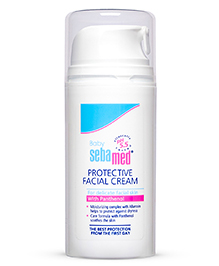
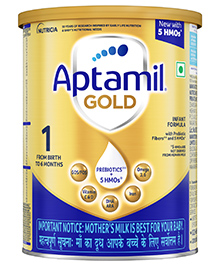
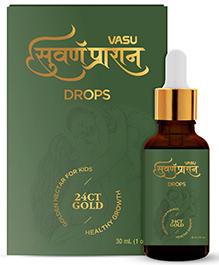

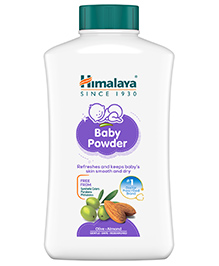
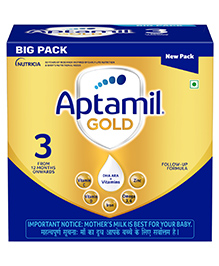

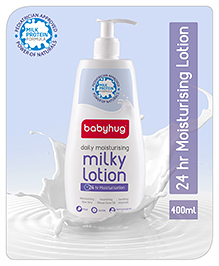


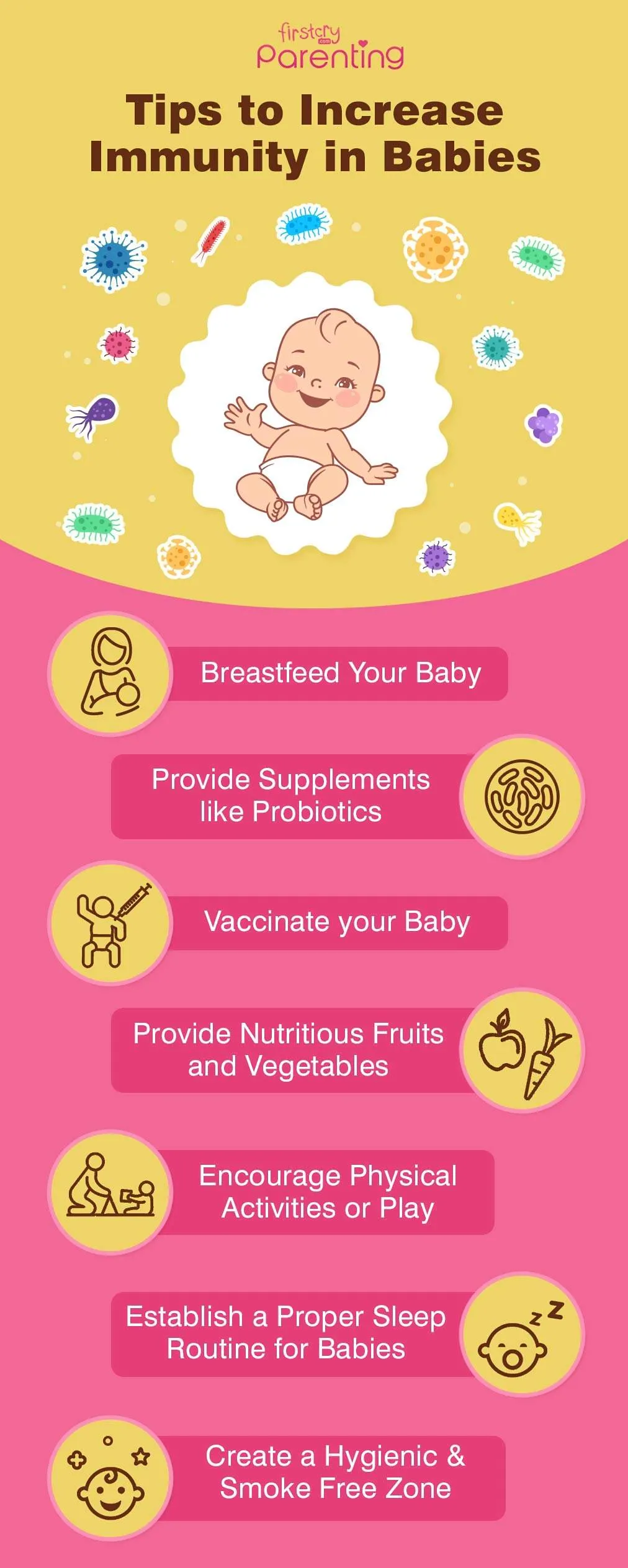




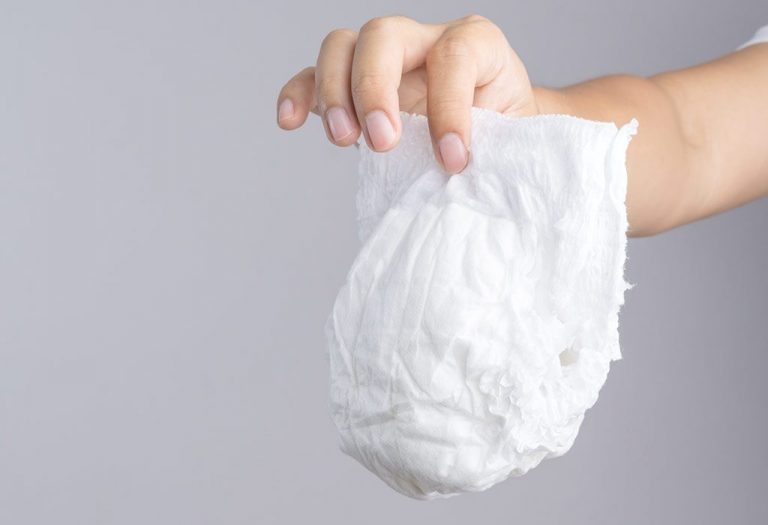
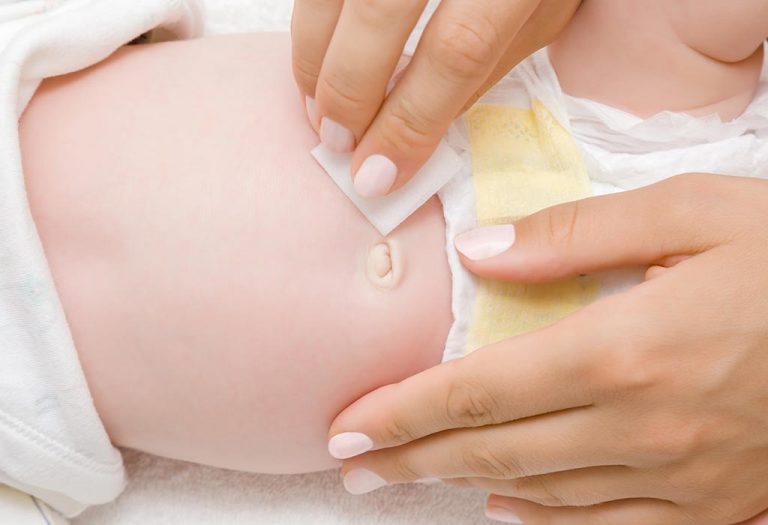

.svg)


















